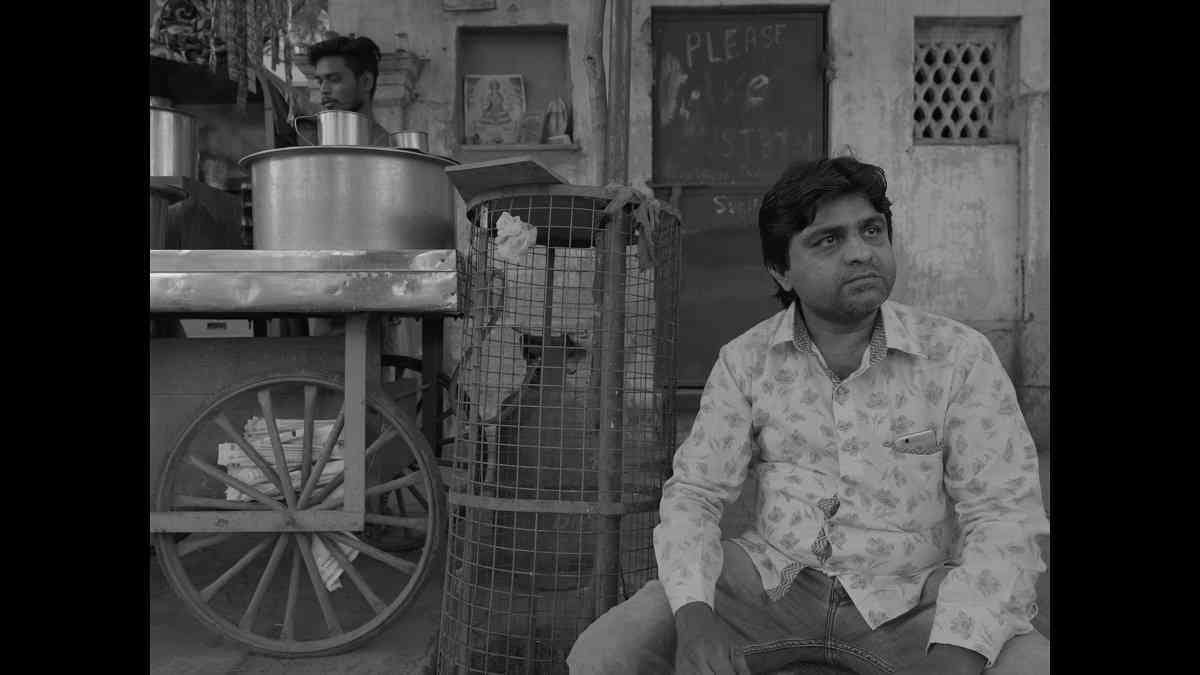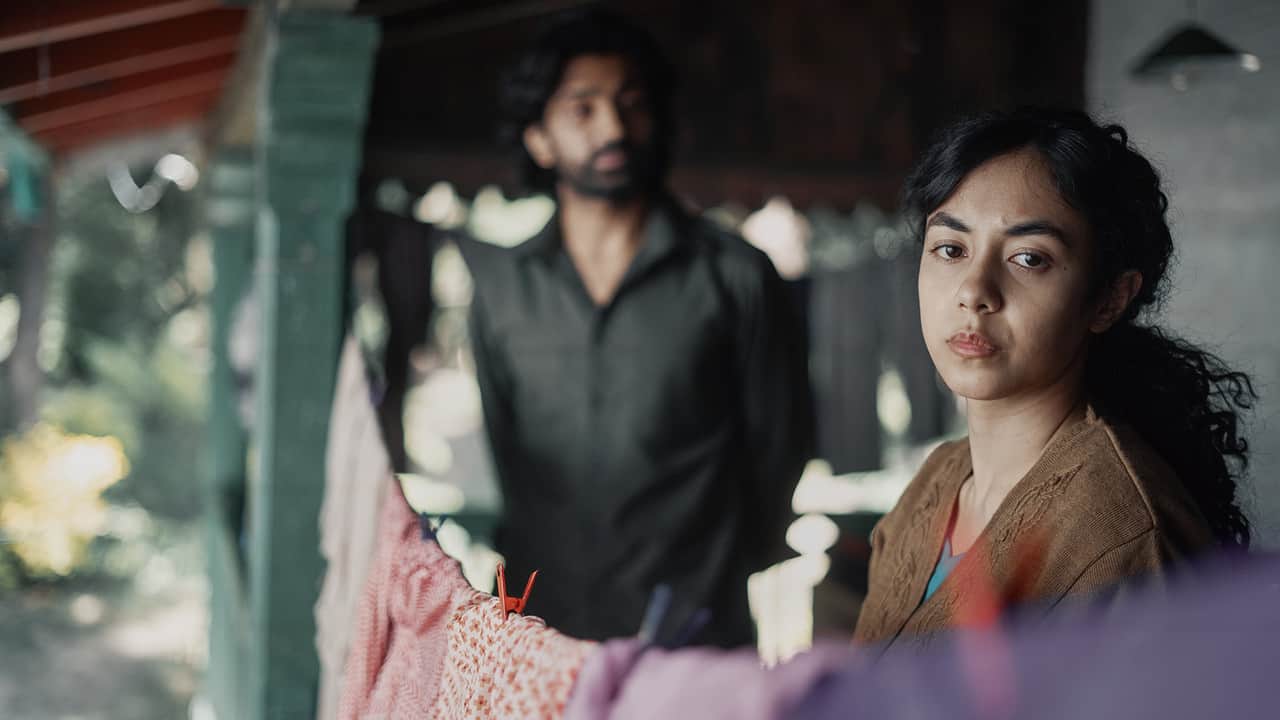As we have mentioned many times before, and particularly in our specific list about the genre, India produces some of the best crime films nowadays. Mahesh Narayana continues the legacy with another epic in “Malik”
“Malik” is screening at International Film Festival Rotterdam

The story unfolds in non-linear fashion, starting with a rather impressive lengthy single shot scene that introduces the main character, Ali Sulaiman, the godfather of Ramadally, a small Indian coastal town where Muslims and Christians live peacefully side by side. Something is obviously amiss however, and the pilgrimage trip he is about to undertake is taking place in tension, with his politician friend, Aboobacker, his wife Roseline, and his daughter, feeling the pressure on a number of levels. Eventually he is imprisoned, and the narrative continues with a series of flashbacks that show his path from a lowly Muslim, to a smuggler, to a local leader, with his relationship with David, and his sister, who was to be the love of his wife, taking center stage, along with the always tense condition of a society inhabited by both Muslims and Christians.
Mahesh Narayanan has obviously studied the works of Anurag Kashyap and Francis Ford Copolla, and if one looks a bit better, particularly in the first part of the movie, also Lijo Jose Pellissery, especially in the way his own editing implements a non-stop, frantic pace. The way the story unfolds, with the back and forths in time, highlights the fact, as much as the captivating story of the rise and fall of a man who wanted the best for his family, his friends and his community, and was willing to go to extremes to achieve it.
At the same time, Narayanan manages to make his movie look timely and contemporary, by raising a number of social issues, regarding religion (even if the film is definitely pro-Muslim) and the way it splits people, corruption and the way both the police and politicians are part of it, family, friendship and revenge. Regarding the aforementioned institutions in particular, his approach is truly original and captivating. The way the members of the two cooperate with each other to kill their common enemy is so obvious that it borders on the comic, with this aspect also giving the film its impressive finale. The same applies to the role of Aboobacker, who remains controversial, but is essentially “one not to be trusted” from beginning to end. Dileesh Pothan gives a great performance in the role, with the same applying to Vinay Forrt as David, who emerges as an even more controversial figure.
Also of note is the way the power of women in the particular society is portrayed, with Roselyn in particular being quite fearful as a character, completely changing from the idealistic but timid girl Ali once married, with Nimisha Sajayan adding another great performance. The quartet of outstanding acting concludes with Fahadh Faasil as Ali, who acts at least as brilliantly as he did in “Joji”, in a highly nuanced and quite demanding role that has him transforming a number of times, including physically.
The music video sequences, so frequent in Malayalam cinema, are here once more, and are rather lengthy, but the overall artfulness and the way they actually progress the story raise them to a level much higher than what is usually the case. Sanu Varghese's cinematography is also top-notch, as exhibited both in the initial scene, the various action ones, and the way the whites of the Muslims are portrayed in a way that is equally beautiful, ominous, and contextually significant.
“Malik” is a great movie, with Narayanan having implemented the “lessons” he took from the aforementioned masters in the best fashion. Even if a bit too early, it definitely looks like one of the best films of the year.
















